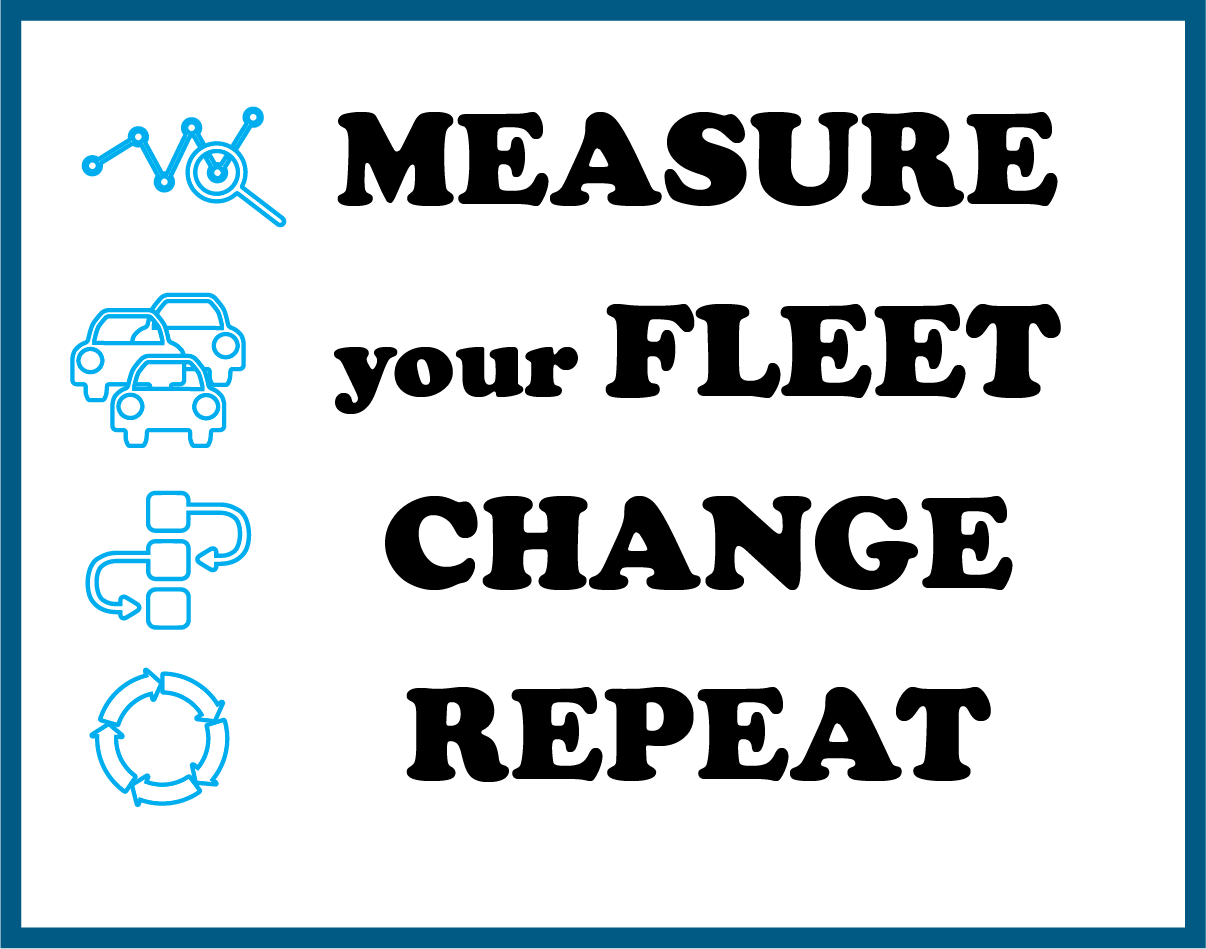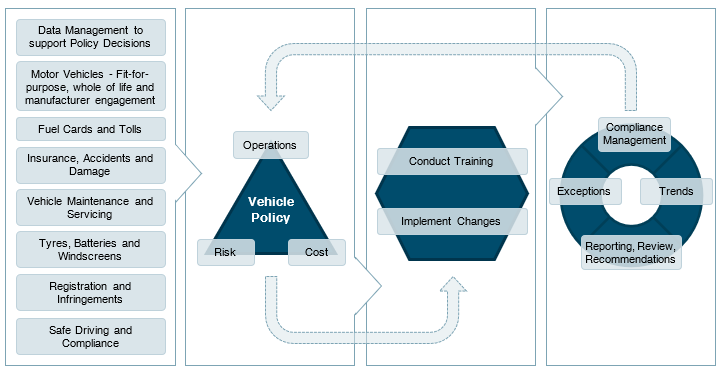
If you do not change direction, you may end up where you are heading. – Lao Tzu
The Oxford English Dictionary defines Optimisation as - “to make as good as possible; to make the best or most effective use of”. Consequently, an optimised fleet is an important part of a successful mobility programme for your organisation.
Understanding what to measure, how to measure, and in what way to interpret the data are key components of fleet optimization. In essence, any process, activity or transaction that is associated with a vehicle, its operators and its operation will create a data point which would be the start of collecting viable information to measure.
“The whole is greater than the sum of its parts” – Maybe Not?
In terms of understanding Whole of Life (WOL) cost, perhaps it is not always accurate if all the parts are not considered in the total measurement. Is it plausible that the sum of all the parts is greater than our perception of what the true Whole of Life cost is?
There are many metrics – Fleet Managers can review in key categories. Some specific items may include fuel, toll use and maintenance through to behavioural and risk influences such as fines, infringements and accidents.
Subsequently, once good quality and reliable data is available, assembling these metrics in a manner that leads to an ability to easily refresh and update as new data becomes available is critical. Merging information from various sources and partners can have collection and formatting challenges. Adopting a program directly or through a partnership that can facilitate integration of all these moving parts can become the cornerstone of creating a powerful measurement model that provides reliable and tangible insights.
With all these metrics now assembled in a serviceable environment, interpretation of the information is the difference between sighting headline outputs with basic cost results or understanding the deeper causes and affects that lead to risk and cost reduction.
Assessing collected data for items such as fuel, maintenance, toll, infringement and fines will establish base lines of cost, frequency and time for ongoing management and review.
The real power of deeper analysis can challenge fleet managers to ask stronger questions;

The answers to these questions will lead to further activities that will help to optimize your fleet.

Once our metrics have been assembled and correctly interpreted, now is the time to review and consider how to answer and action the insights we have gained from our data review.
Is it a case of alerting a vehicle custodians manager to the fact that they have had three speeding offences in the past year? do they still have a licence? Have you noted that there is a range of similar accidents occurring on the same day of the week or month? Can you influence the vehicle’s safety by adding sensors or noting that the drivers are bumping into a parking bollard at your premises when turning up to their weekly sales meetings!
Would these learnings translate to adjustments in the organisations vehicle policy in either an operational sense where the driver (employees) are directed to conduct themselves in a certain manner or perhaps the vehicle selection is altered, or accessories updated to cater for the identified scenario?
Any organisation operating a fleet should assess the total mobility model in a strategic manner. Establishing ongoing reviews and incorporating a robust fleet policy for your company to manage your fleet risk and costs is critical.
Your fleet may be optimized by:
Modern fleet management incorporates big data tools using business intelligence platforms such as Summit Analytics™. Summit Fleet has proven data management capabilities that can assist with deeper understanding of how your organisations fleet operates and can support fleet policy development suited to your company’s needs.
If you would like more information, please contact your Summit Fleet Relationship Executive or email [email protected]